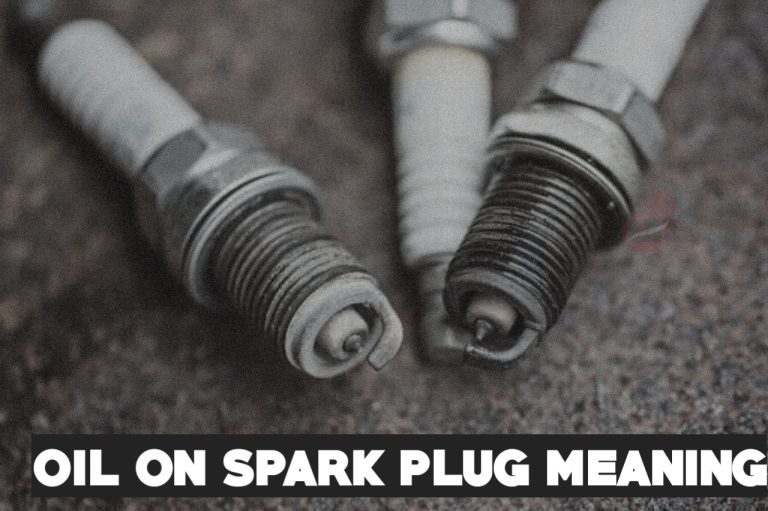If you find oil on a spark plug, it typically indicates a problem with the engine’s piston rings or cylinder walls. This can cause the engine to lose compression, which can, in turn, affect its performance and fuel efficiency.
One of the most common reasons for oil on spark plugs is worn or damaged piston rings. The piston rings are responsible for sealing the gap between the piston and the cylinder walls, and when they become worn or damaged, they can allow oil to escape into the combustion chamber. This can cause the oil to be burned along with the fuel, leaving deposits on the spark plugs.
Another common cause of oil on spark plugs is a problem with the cylinder walls. When the cylinder walls become worn or damaged, they can also allow oil to escape into the combustion chamber. This can be due to several factors, including a lack of lubrication, overheating, or low-quality oil.
If you find oil on your spark plugs, addressing the issue immediately is essential. Ignoring the problem can lead to further damage to the engine, including reduced performance and fuel efficiency. In severe cases, it can even cause the engine to fail.
Now that you’ve learned what oil deposits on a spark plug mean, let me show you possible ways to stop them.
How to Stop Oil Deposit on Spark Plugs
The first step toward fixing oil on Spark Plug Threads is finding out the root cause of the leakage.
It could be from an over-oil filling, a defective Piston, the O-rings, or valves.
Whichever one it might be, here are some fixes you might try to stop oil deposits on the Spark Plug.
Drain Extra Oil
If you notice oil flows into your spark plug due to excess input of oil, then you can go ahead to drain some amount by opening the drain plug.
This will allow excess oil to flow out of the engine. Alternatively, you can use an oil extraction pump for this purpose.
Install new O-Rings
If any O-rings on your valve cover have worn out, you should consider getting a replacement soon.
You can now proceed to install the new O-rings by removing the valve cover, removing the previous rings, and installing the oiled O-rings as a replacement.
Also, ensure the new O-rings fit correctly and their tapers are directed toward the engine.
Head Gasket Replacement
Taking your vehicle to a mechanic to replace your head gasket is advisable. Also, you can purchase it and take it to an auto shop for a fix.
Change Defective Piston
Also, this will require the attention of a professional automotive engineer. Kindly take your car to your mechanic shop and ask them to change your Poston.
Valve Cover Gasket Replacement
You can purchase a new valve cover gasket at any auto aftermarket nearby and initiate a replacement yourself.
However, it would be best to operate cautiously to avoid leaks.
Use High-Quality Oil
Repair the Cylinder Wall
That’s it.
FAQs
Does a Small Amount of Oil on Spark Plug Threads Matter?
No, you don’t have to worry about it, but too much oil in your spark plug might introduce debris and dirt, which isn’t healthy for your vehicle.
Conclusion
Oil on spark plugs is a common problem that has several causes. If you find oil on your spark plugs, it’s essential to address the issue as soon as possible to prevent further damage to the engine. If you
As an Amazon Service LLC Program Associate, V. Auto Basics earns from qualifying purchases. See Our Affiliate disclaimer.
